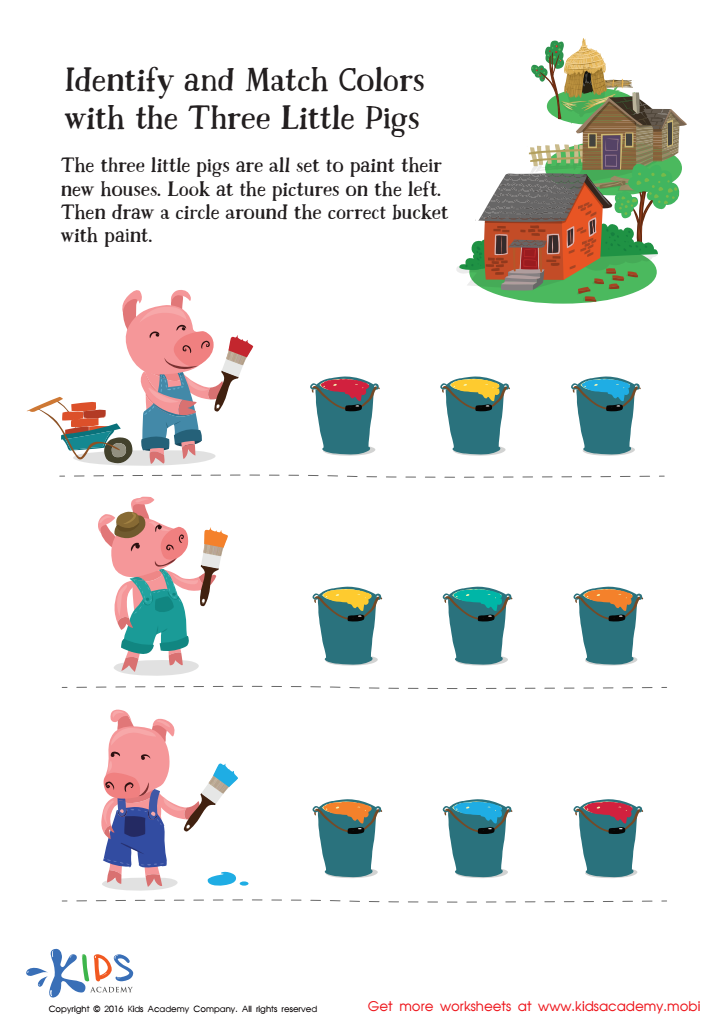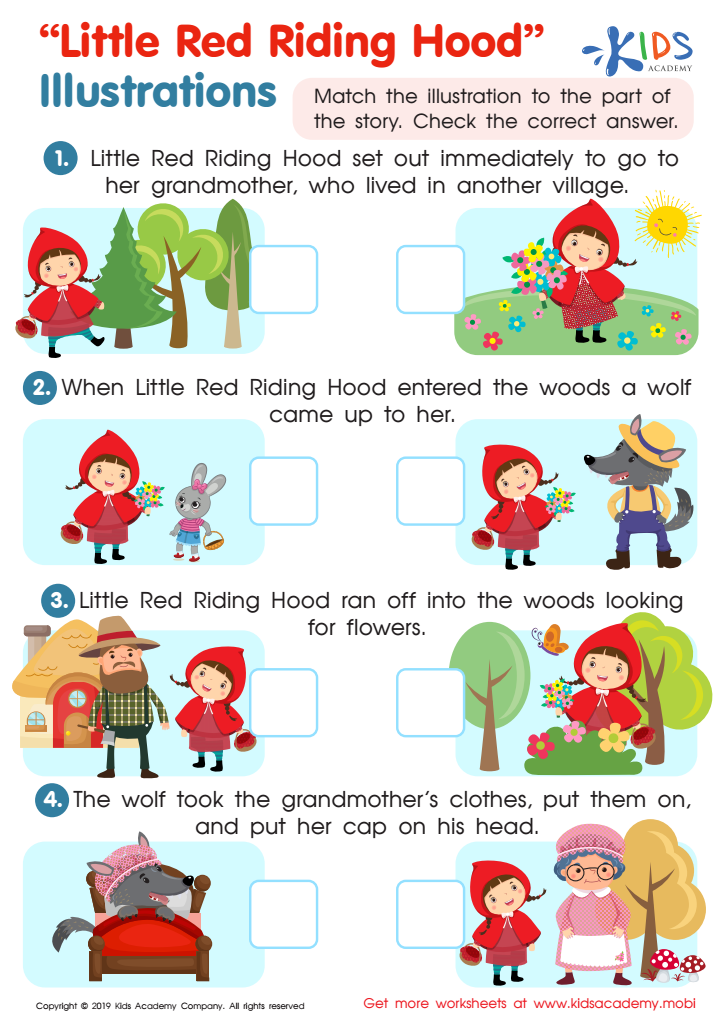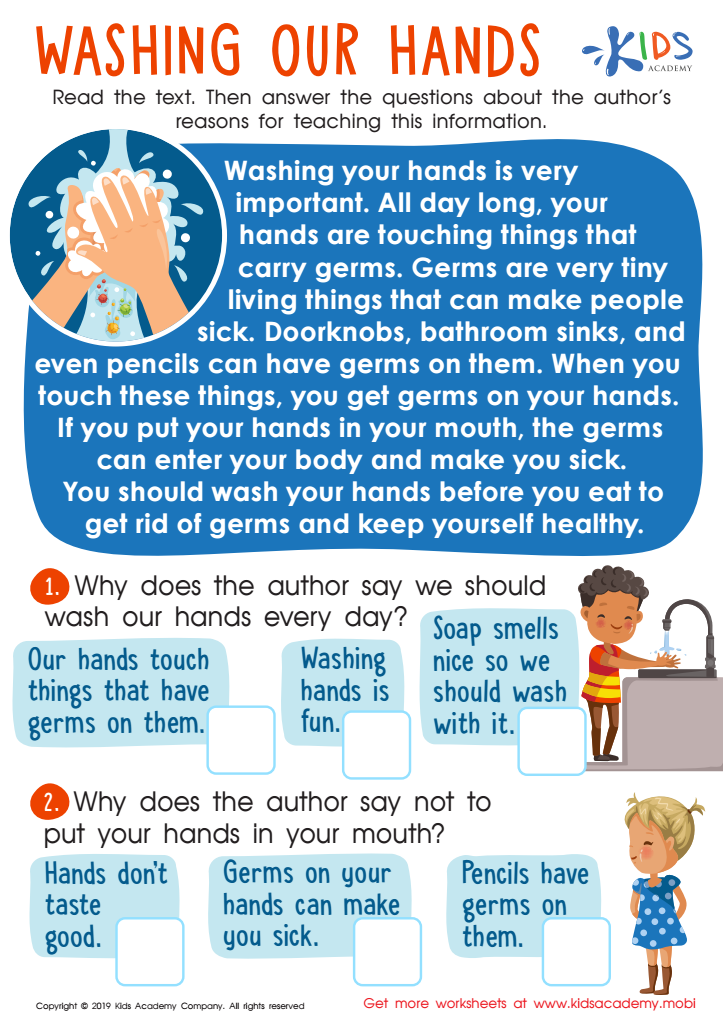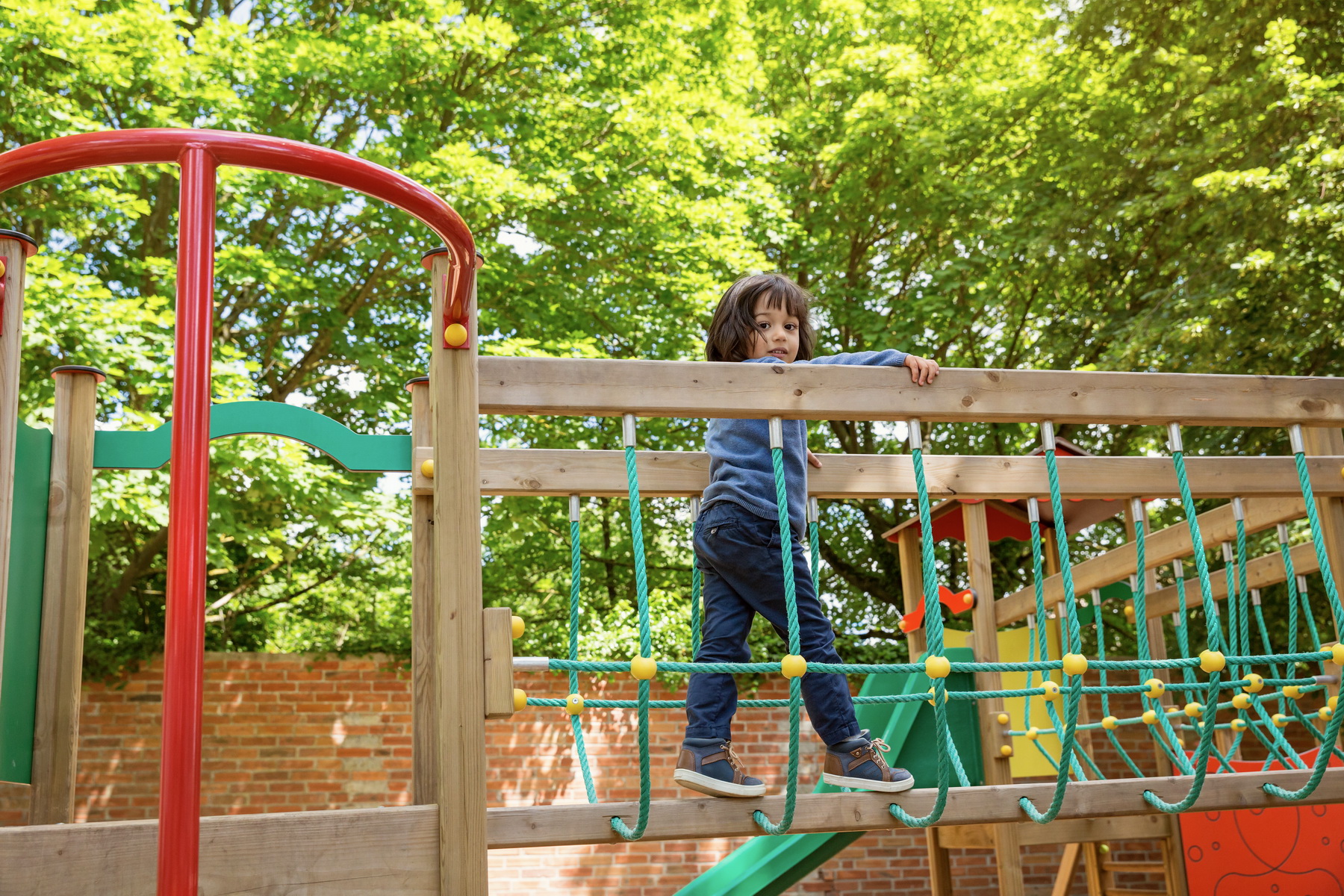Sequence Understanding Normal Worksheets for Ages 3-9
3 filtered results
-
From - To
Discover our engaging Sequence Understanding Worksheets for children aged 3-9. Designed to boost critical thinking and logical reasoning, these worksheets help kids grasp the concept of sequences through fun, age-appropriate activities. Your little ones will improve their ability to predict, categorize, and sequence events, enhancing their problem-solving skills. Ideal for both classroom settings and homeschool environments, our worksheets are perfect for laying the foundation of essential learning skills. Explore a variety of interactive exercises tailored to different developmental stages—cultivating a love for learning and preparedness for more advanced concepts. Unlock your child's potential today!


Fairy Tale Worksheet: Identify and Match Colors with Three Little Pigs


Little Red Riding Hood: Illustrations Worksheet


Washing Our Hands Worksheet
Sequence understanding is a crucial skill for young children, ages 3-9, and it includes the ability to comprehend and carry out tasks in a particular order. Parents and teachers should care about nurturing this skill for multiple reasons. Firstly, it aids in cognitive development, as sequencing helps children understand the concept of cause and effect. For example, recognizing that putting socks on before shoes is essential broadens their grasp of logical orders.
Additionally, sequence understanding underpins critical academic skills. In reading, children need to follow the narrative's progression, comprehending the start, middle, and end of a story. In mathematics, operations often require sequential steps to reach the correct solution. By mastering sequencing, children are better prepared for more advanced learning and problem-solving.
Moreover, possessing strong sequence understanding supports everyday tasks and routines. Children learn to organize their activities, such as getting dressed, following instructions at school, or even playing games that have step-by-step guidelines. This paves the way for independence and boosts their self-confidence.
Lastly, early sequence skills foster social development. When kids can follow conversations or activities fluidly, they're better positioned to interact and connect with peers. Therefore, encouraging sequence understanding between the ages of 3-9 lays a foundation for both academic success and holistic growth, making it an essential focus for parents and teachers alike.
 Assign to My Students
Assign to My Students




















